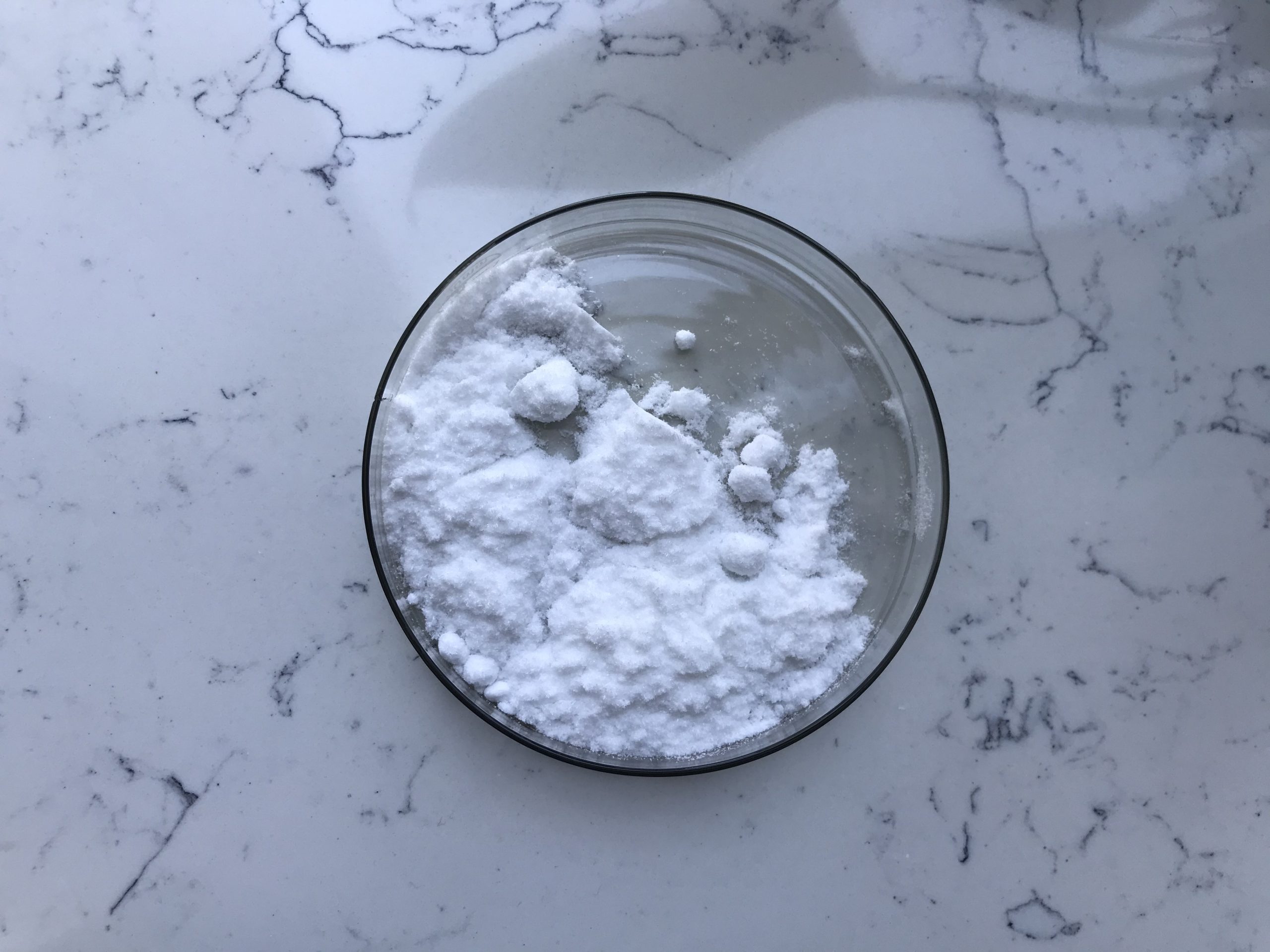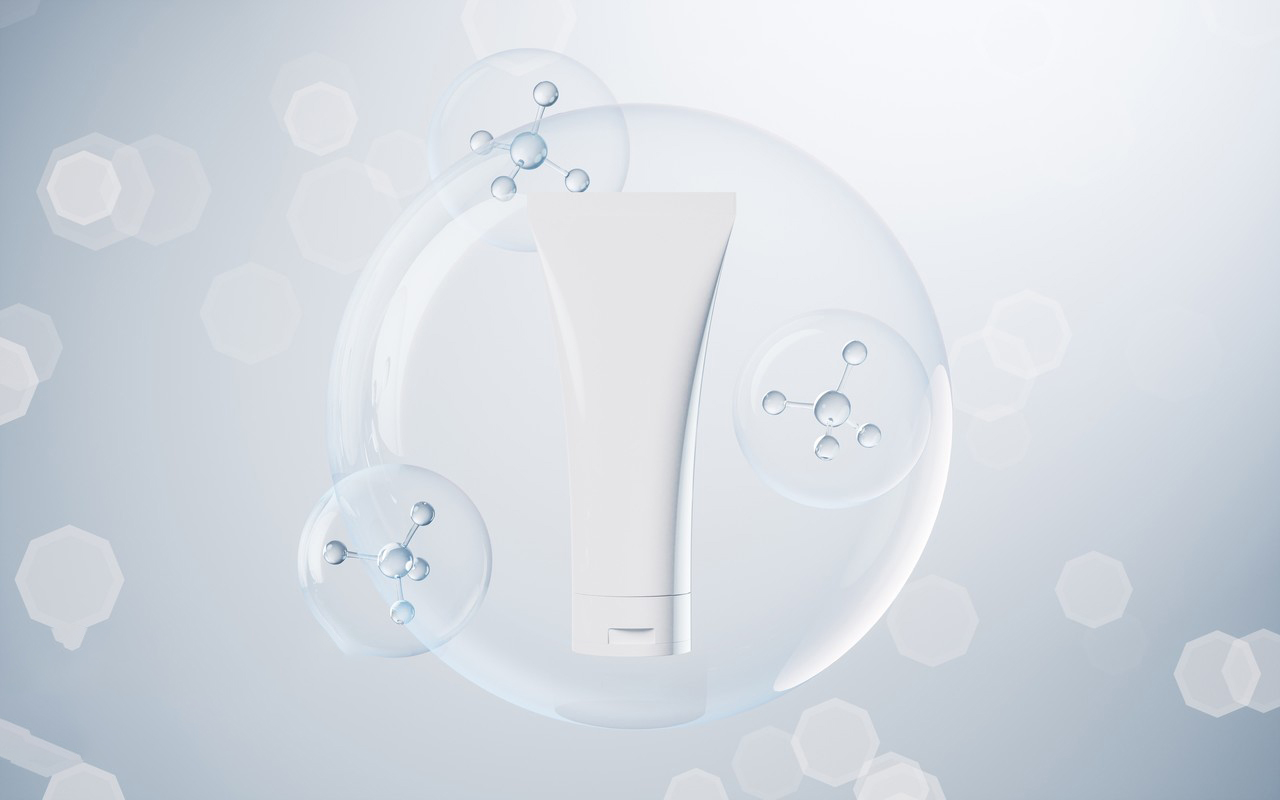Nicotinamide (also known as niacinamide) is the amide form of niacin (vitamin B3) and is a water-soluble vitamin. It plays a vital role in cellular metabolism and the production of energy. Nicotinamide is involved in the synthesis of NAD+ (nicotinamide adenine dinucleotide), which is crucial for various enzymatic reactions in the body, particularly in the metabolism of carbohydrates, fats, and proteins.
Here’s some basic information:
Chemical Structure of Nicotinamide:
- IUPAC name: Pyridine-3-carboxamide
- Molecular formula: C₆H₆N₂O
- Molar mass: 122.12 g/mol
- Other names: Niacinamide, 3-pyridinecarboxamide

Biological Functions of Nicotinamide:
- NAD+ precursor: Nicotinamide is a precursor to NAD+, a coenzyme essential for numerous enzymatic reactions involved in energy production, DNA repair, and cell signaling.
- Enzyme activation: It activates enzymes such as sirtuins, which are involved in cellular stress resistance and longevity.
- DNA repair: Nicotinamide helps in DNA repair mechanisms, which is important in maintaining genomic stability.
Sources of Nicotinamide:
Nicotinamide can be obtained from:
- Dietary sources: Meat, fish, poultry, whole grains, and legumes.
- Synthesis in the body: The body can synthesize nicotinamide from tryptophan, an amino acid found in many protein-rich foods.
Uses of Nicotinamide:
- Topical applications: In skincare, nicotinamide is used for its anti-inflammatory and antioxidant properties. It can help with conditions like acne, rosacea, and hyperpigmentation.
- Nutritional supplements: As a form of niacin, it is used to prevent or treat niacin deficiency (pellagra), which can lead to symptoms like diarrhea, dermatitis, and dementia.
- Anti-aging: Due to its role in NAD+ production, nicotinamide is often included in supplements aimed at anti-aging and improving cellular function.

Deficiency:
- Pellagra: A deficiency of niacin or tryptophan can lead to pellagra, characterized by dermatitis, diarrhea, and dementia. However, nicotinamide supplementation is often used to treat this condition.
Side Effects:
- Topical use: Generally well-tolerated, but in some cases, it may cause mild irritation or redness in sensitive individuals.
- Oral use: High doses may cause flushing, gastrointestinal upset, or liver toxicity, though nicotinamide (unlike niacin) is less likely to cause the “niacin flush.”
Let me know if you’d like more detailed information on any of these aspects!
